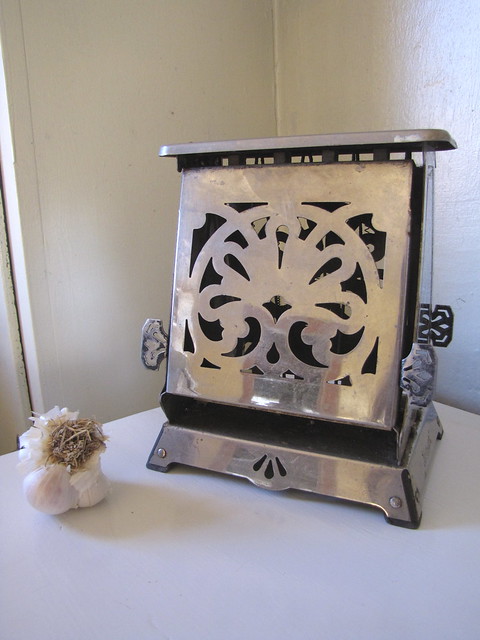Commentaries provided by actors, writers, and producers described the personalities and relationships between the characters. But the most intriguing thing for me was the backdrop of changing times of the period. Set in the 1920s, such innovations as electricity, telephones, and women’s rights were threatening the lifestyle and worldviews of everyone in the country estate that serves as a microcosm of the British aristocracy.
I won’t give anything away by disclosing that the short scene in Downton Abbey introducing an electric toaster was humorous and I found it funny to see the dowager matriarch fight with the telephone.
Nearly 100 years later, we can relate because we react to change similarly. We pass judgment on technologies that are not inherently good or bad. Yesterday I read a post on Facebook from a friend who observed a couple of kids sitting on the floor in the play area at a fast food restaurant staring at their hand-held video games. His one word final sentence was, “Sad.”
I’m not one of those who Liked his post, but I think I understand what he was getting at. Knowing him, he probably wouldn’t say that video games are to blame for a general lack of imagination, childhood obesity, or the breakdown of the family unit today. But I suspect that these are the kinds of things he is concerned about and he saw this as a sign of the times.
I didn’t engage him in conversation, but I imagine that he would say that people should apply critical thinking skills to everyday behaviors including the adoption of new gadgets to determine whether and when their use fits with our values. And he might even say that such an examination could call our values into focus.
I think about the adoption of eBooks. Although they continue to gain popularity, some people still reject them on principle and seem to suggest that the reading of print books has greater inherent value. As Marshall McLuhan wrote in 1967, the medium does affect the message but the content, context, and purpose of reading determines the best format for a particular information need.
 |
| Photo found on Flickr |
*~*~*~*~*~*~*~*~*~*~*~*~*~*~*~*~*~*~*~*~*~*~
 Robin Hartman is Director of Library
Services at Hope International University. She is curious about how
the organization and communication of information shapes society and
is committed to equipping students to impact the world for Christ.
Robin Hartman is Director of Library
Services at Hope International University. She is curious about how
the organization and communication of information shapes society and
is committed to equipping students to impact the world for Christ.
No comments:
Post a Comment